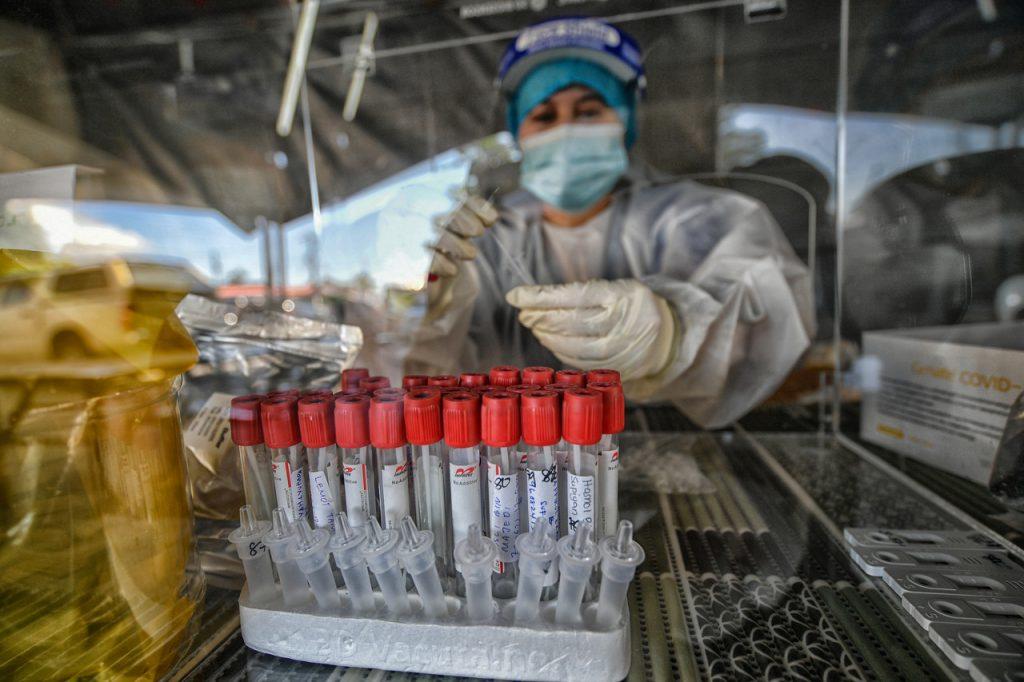7 cases of South African variant detected in Kuching
Additional cases of the P3 or Philippines variant have also been detected in Sibu and Samarahan.
Just In
Experts at Universiti Malaysia Sarawak today confirmed seven cases of the South African Covid-19 variant in Kuching.
Dr David Perera, director of the university’s Institute of Health and Community Medicine, said the cases were detected through genomic surveillance.
“Today, we would like to report the detection of seven cases of the South African variant of concern (VOC), B.1.351, in the Kuching district.
“The earliest case we sequenced was tested positive by RT-PCR on April 26 and the most recent case tested positive on May 6,” he said in a statement.
He said additional cases of the P3 or Philippines variant had also been detected in Sibu and Samarahan.
“This P3 variant is characterised by a double mutation: the E484K mutation shared with the B.1.351 South African variant and the N501Y mutation shared with the B.1.1.7 UK variant,” he said, adding that these mutations are associated with greater transmissibility, among others.
He likewise said that a Covid-19 variant in the Pasai cluster which shares a similar mutagenic trait with the UK variant had continued to circulate throughout the state.
He urged members of the public to remain vigilant and to adhere to SOPs as well as to register for vaccination.
“We have detected a B.1.530 variant that appears to be dominant in Miri but is also seen in Kuching.
“With these new findings of SARS-COV-2 variants of concern/interest circulating in Sarawak, we strongly emphasise the need for the public to continue adhering to the SOPs and guidelines, particularly mask-wearing, hand hygiene and physical distancing, and the need to achieve herd immunity through the vaccination programme.”
Subscribe to our newsletter
To be updated with all the latest news and analyses daily.
